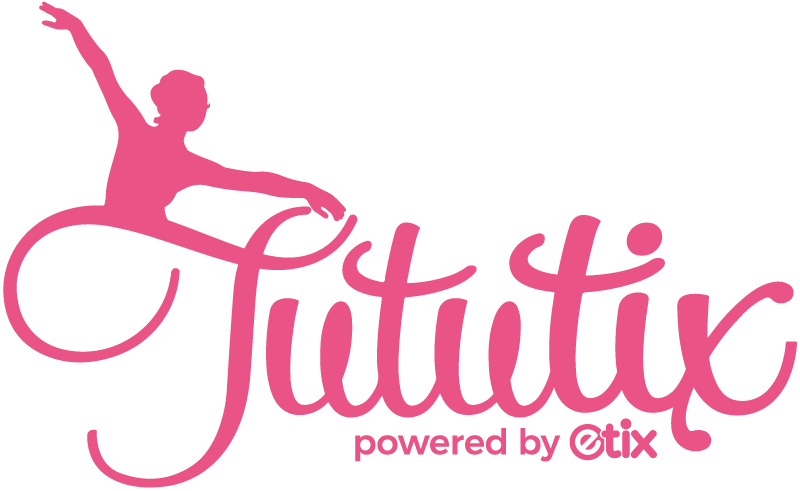If you choose to hire a person, it is important to bring them back to your studio to review your expectations and discuss details in a staff orientation session. In the orientation, you should discuss three things:
- Expectations for Professionalism
- Accountability & Preparedness
- Details of the Working Agreement
Expectations for Professionalism
You must never assume that people will understand your standards for professionalism. Rather, you must detail a code of behavior and work ethics that specifically addresses your expectations and consequences for non-compliance. Our society is constantly evolving, and you must ensure that your code of ethics and professionalism evolves with the trends of society.
Each year, The Dance Exec’s Studio takes time to review the values, policies, and guidelines for our entire staff. Topics addressed range from curriculum to dress to behavior to attendance and more. Your expectations should be explicit and detailed. Consequences for non-compliance of expectations should be discussed, too.
As time evolves, your expectations for professionalism may evolve. You should constantly evaluate and update your expectations to make sure your studio complies with the highest standards of the dance industry.
For example, in the middle of the 2011-2012 season, the studio saw a need to implement a new social media policy to alleviate grievances that were arising from student/staff online “friendships” and interactions (the grievances were petty, but based on conversations in the academic environment, it seemed that the issue could further spiral out of control and needed to be addressed).
The studio spent a couple of weeks determining the best course of action and took staff opinions and feelings into consideration, too.
Ultimately, an email was sent out to the staff to address our new social media policy (which states that instructors will not “friend” students on social media sites). This new, professional policy was complimented with a follow-up email to the studio parents.
Both emails were very similar and described the benefits of the evolved policy to the respective targeted audience. The studio did not receive one complaint regarding the new policy. If you are consistently on the cutting-edge of business developments and you approach your choices as bettering the business, you will never go wrong.
Set your standards for professionalism and do not feel ashamed for what you deem appropriate/inappropriate. Be clear and concise in your expectations and you will succeed.
Accountability & Preparedness / Details of Working Agreement
In addition to professionalism within the workplace, high standards of accountability and preparedness are essential to creating a staffing model that contributes to the culture of your studio. Again, your accountability and preparedness expectations should be set forth prior to hiring and consequences should be standardized in case a staff member chooses to not follow your requirements.
How can you make sure that your staff members are consistently maintaining the standards set forth by your studio? At The Dance Exec’s Studio, a detailed, written working agreement (this is not a contract) is provided to all of our employees at the beginning of each season. It is imperative that you constantly renew your written material since new issues arise, improvements are made, etc. Never become complacent in your standards.
In your dance studio employee handbook, you should include expectations of staff during their employment term, their terms of employment (at-will employee, contract employee, etc.), consequences of breaking the terms of employment, and their pay for their agreement period. The staff member and the studio owner(s) should sign off on the agreement, and the staff member should initial each clause in the agreement.
Topics in your dance studio employee handbook should include:
- An Employee Handbook Acknowledgement
- Terms & Conditions of Employment
- Employment Status
- Studio Curriculums & Confidentiality
- Client Records
- Pay Agreement & Procedure
- Employment Expectations
- Call Time
- Appropriate Attitude
- Apparel Recommendations
- Class Structure & Preparation
- Communication Protocol
- Rewards Systems/ Behavioral Protocol
- Zero Tolerance Items
- Studio Housekeeping
- Parking
- Yearly Calendar (with pay information re: holidays, etc.)
- Special Events (expectations and compensation for recitals, competitions, etc.)
- Attendance Requirements
- Professionalism & Workplace Values
- Performance Appraisal
- Appropriate On & Off-Site Studio Affiliated Behavior
- Expectations for Evaluation & Sample Evaluation Form
- Detailed Information Regarding Performance Review
- Safety Awareness
- Disciplinary Action
- Yearly Calendar/Curriculum Guide
- Payroll Calendar
The Dance Exec also recommends consulting an attorney to make sure your terms of employment and rules are legal within the laws of your state.
In regards to legal advice and staff, within the dance studio industry, there is a lot of conversation and debate regarding labeling dance studio instructors as independent contractors versus employees. At The Dance Exec’s Studio, the regular, in-studio staff are labeled as employees since we dictate their schedules, classes, etc. If the studio brings in a guest artist, then he/she is considered an independent contractor.
Whatever you choose to do at your studio, make sure it fits within the bounds of the law. (Incorrectly labeling employees as contractors can lead to an IRS audit and back payment of payroll taxes.)
Ultimately, you have to view yourself as a business entity and you must approach every decision from that same perspective. Be sure to consult an attorney to make sure you are handling your staff’s finances properly. Do not cut payroll corners. If you handle everything the correct way, then you are laying the foundation to protect yourself and your business for years to come.
Systemizing Staffing Conflicts
In a perfect world, staffing conflicts, mishaps, and broken rules would not occur. Unfortunately, the world is not perfect and neither is human nature. At some point in the time, an incident will occur that will concern or involve a staff member, and the way you choose to handle it will make all the difference in the world to you, your professional relationships, and your business.
Your consequential/disciplinary plan for your staff should be so detailed that there are no surprises. If a staff member is not conforming to your written expectations, they should be reprimanded in an appropriate way.
This is not to say that all reprimands should be negative. Joining a studio’s culture is a learning process, and often times, you can turn a conflict into a learning experience. Most staff members will appreciate your guidance and will learn and develop from your feedback.
For each incident that occurs, you should have levels of consequence, documentation forms, and staff file folders to track any disciplinary actions. Please note that all forms must be signed and dated by the staff member and the studio owner(s). Implementing a standardized system alleviates the emotions involved with disciplinary action, and better protects you and your business.
Ready for the next step? You can see the third part of the Dance Studio Management Guide here:
Dance Teacher Evaluations and Replacing a Dance Teacher: Part 3
You can also revisit Part One of the Dance Studio Management Guide here.


